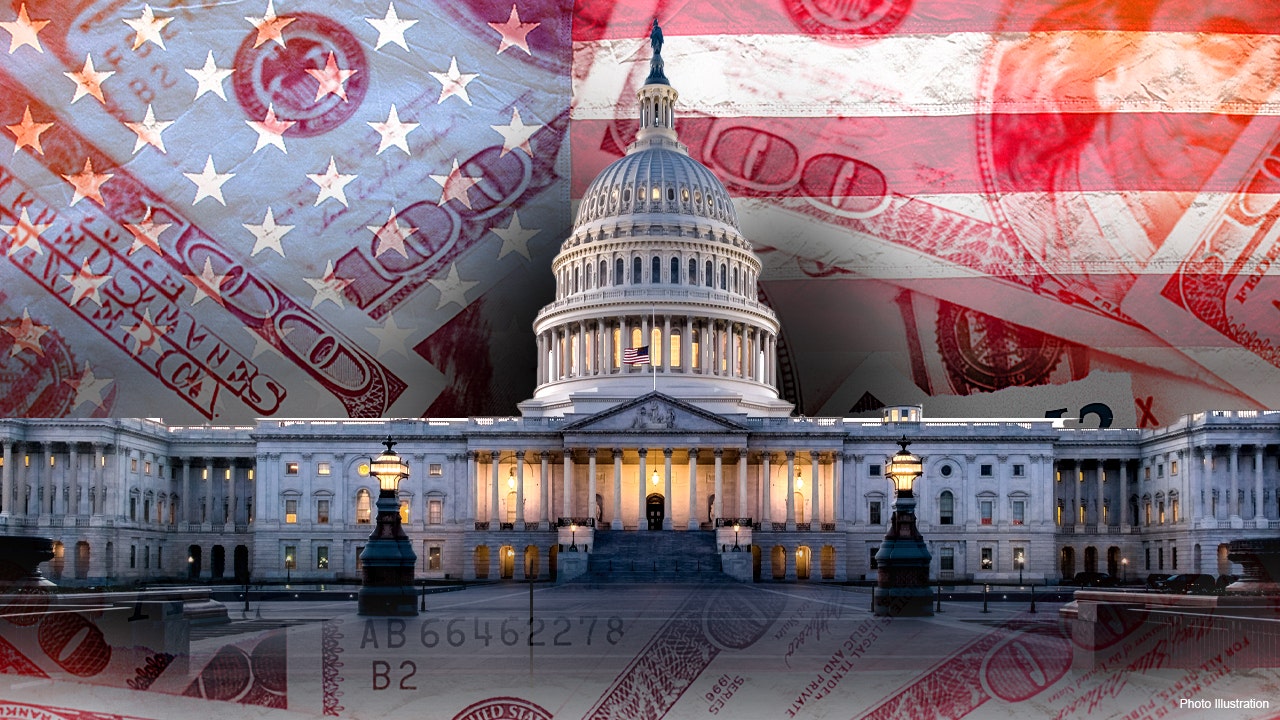Shopping
Why the weekly shop for many Australians could be impacted by a US dock worker strike
A US dock workers’ strike reaching from New York to Texas is throwing global supply chains into disarray.
Shipping problems quickly pile up in such situations, according to Andrew Coldrey, the Asia-Pacific vice-president of mega-shipper C.H. Robinson.
Cargo is held in storage. Vessels wait offshore. Daily running costs continue.
“All of that feeds in,” he said, “and then the compounding effect is the carriers will often use circumstances like this to decrease global supply [of ships and space] which forces prices up.”
Andrew Coldrey says he “can’t foresee a fast resolution” to the issue.
(ABC News: Peter Drought)
Every increase in cost is passed down the chain, meaning what seems like a far-off concern — a US labour dispute — will likely drive up the cost of goods in Australia.
“Absolutely, it’ll have a big flow-on impact on inflation,” Mr Coldrey said.
Australians’ weekly shop will not be immune.
Pirates and pandemics
Global supply chains have been so frequently strained in the past five years, it has led to different countries reassessing their reliance on them.
First was the hammer-hit of the COVID-19 pandemic.
Since then there have been issues with pirates, the drying and narrowing of the Panama Canal, and even a stuck ship.
The Ever Given, a Panama-flagged cargo ship is pulled by one of the Suez Canal tugboats. (Suez Canal Authority via AP)
“When the Ever Given got stuck in the Suez Canal … it was one week in one location, and then it probably took six months before supply chains caught up,” Mr Coldrey said.
Another example is the issue of Houthi rebels attacking ships in the Red Sea.
“It’s an ongoing crisis,” he said. “This [strike] will be similar to one of those.”
About 50,000 members of the International Longshoremen’s Association (ILA) have walked off the job on US east coast and Gulf Coast ports after failing to reach an agreement with port owners over a new pay contract.
“If it’s a one-week strike, [it] has about a six-week flow-on impact,” Mr Coldrey said.
“The longer the strike, obviously the longer the impacts.”
This is the union’s first strike since 1977 and it is set to cripple the nearly 50 per cent of US imports that trade through the affected ports.
Union warns strike ‘will cripple you’
The association’s president, Harold Daggett, has called for a better pay deal and stronger protections against the creep of automation that is cutting jobs.
Harold Daggett reminds port managers that the union members’ work is dangerous. (Supplied: ILO)
In a recent interview he made the economic impact clear.
“First week, [we’ll] be all over the news every night. Boom. Boom,” he said.
“Second week, guys who sell cars can’t sell cars because the cars aren’t coming in off the ships. They get laid off.
“Third week, malls are closing down. They can’t get the goods from China. They can’t sell clothes. Everything in the United States comes on a ship.”
The parties — the union and port operators — have not had face-to-face meetings in months.
“You’re better off sitting down and let’s get a contract, and let’s move on with this world,” Mr Daggett said in a video posted by the ILA, a request that ends with a warning.
“And in today’s world, I’ll cripple you. I will cripple you. And you have no idea what that means.”
Strike’s impact ‘substantial’
Tom Jensen knows what it means.
Tom Jensen says the strike is likely to see carriers increase their rates. (ABC News: Mark Leonardi)
The head of international freight and logistics for the Freight & Trade Alliance represents 500 Australian companies involved in freight forwarding, the customs broking community, import and export.
“It’s hard to put a dollar figure on it, but it will be quite substantial,” he said, pointing to estimates of the daily cost to the US economy being about $US5 billion (about $7.26 billion) for each day the strikes continued.
“Australia does about 5-10 per cent of our trade with the US. It’s our second-largest trading partner outside of China.
“So the impacts will be quite severe, but not so severe as somebody like China going on strike, for instance.”
Mr Jensen expects the impact to be “less than COVID” but similar to the impact of the Red Sea pirate issue.
Most ships work in global loops, like a long-haul version of a commuter train, servicing a set string of ports. Disruptions such as the strike affect their ability to move, and that shifts trade.
“It pulls the vessels out of rotation,” he said.
“That’s going to mean more vessels, more urgency on US-bound goods. The carriers will be able to increase rates and the shipping lines will obviously service the routes that they feel the rate is the heaviest at.”
Will Christmas be cancelled?
If there is good news, it is that Christmas is not cancelled.
“No, not yet,” said Mr Coldrey, whose company has $22 billion of freight under management and is the biggest shipper of goods between the US and Australia.
The long lead-up to the strike means many importers planned for the disruption, “front-loading” the amount of stock coming from the US to be in Australia well ahead of any potential shutdown.
“For the Christmas sales, I don’t really see any problems, but it’s more the ongoing effect and inflation impact is the risk,” Mr Coldrey said
The strike is affecting everything from food to automobile shipments across dozens of ports from Maine to Texas. (Reuters: Mike Segar/File Photo)
Tom Jensen, who represents local companies that ship things in and out, agreed.
“I wouldn’t say ‘cancelled’, but it’s a bit fast saying [that],” he cautioned.
“We don’t get so many toys out of the US, as opposed to what we do out of China. So in terms of machinery … your dad’s Christmas might get spoiled, but the [impact on] kids might not be as severe.”
US government rules out intervening to halt strike
The workers’ union recently rejected an offer of a 50 per cent pay hike over six years and boosted healthcare options — a key issue for many US workers.
In addition to being concerned about automation taking dock workers’ jobs, the union is worried by the widening gulf between the massive profits reaped by port operators and the compensation of their workforce.
“They (foreign owned operators) want to come into America and build fully automated terminals and get rid of American jobs,” union leader Mr Daggett said.
“Good-paying jobs that support families with medical pensions, annuities and pay taxes — they want to get rid of them.”
“They want to go automation. They want more money now. Get rid of these men. We don’t need them no more … If it was up to them, they would like to see everybody lose their jobs.”
A complicating factor is that US President Jo Biden holds powers that could force the strike to be suspended for 80 days, a so-called “cooling-off period” if national security is at risk.
Attempts by port operators to force the president, months from an election, to invoke 1947’s Taft-Hartley Act have been unsuccessful.
“We’ve never invoked Taft-Hartley to break a strike and are not considering doing so now,” a Biden administration official told Reuters.
Mr Jensen does not see a fast resolution.
But he can see costs piling up.
“Every day this goes on, it’ll increase more and more,” he said.
“All that compounds.”









